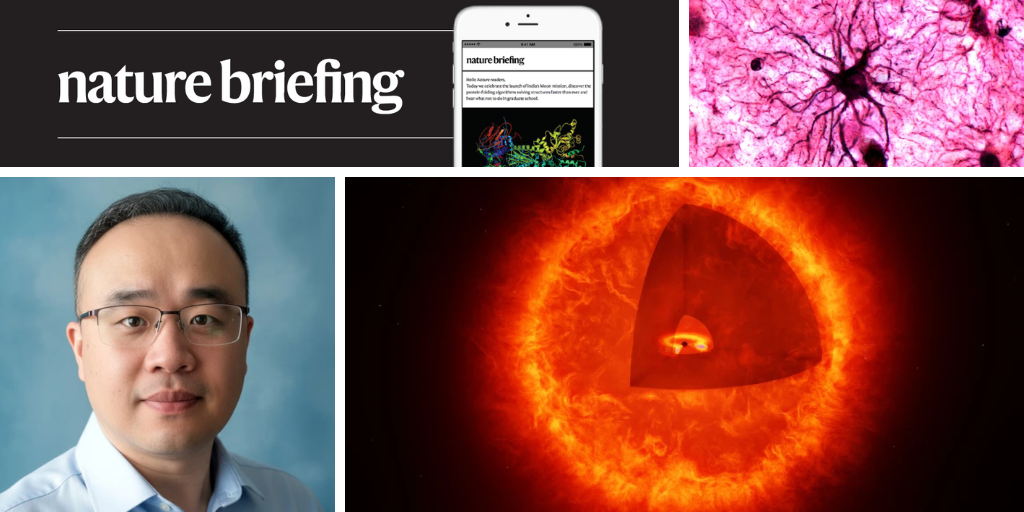
"Astrocytes - brain cells once thought of as supporting players to neurons - have a principal role in stabilizing memories for long-term recall. In mice, researchers found that Fos, a gene associated with cell activity, was highly expressed in the astrocytes of mice that re-entered cages they'd been conditioned to associate with fear. The team also found that highly-active astrocytes produce more receptors that respond to the neurotransmitter noradrenaline, which allows them to communicate with neurons."
"The mysterious 'little red dots' (LRDs) seen in images of the early universe captured by the James Webb Space Telescope are probably a brand-new type of celestial object, astronomers have tentatively agreed. Researchers now believe these 'rubies' to be a hybrid of a black hole and a star: an active black hole wrapped in a cocoon of hot, dense gas that glows as the black hole warms it."
"The evolution of poison-secreting glands helped toads thrive and spread to almost every continent. An analysis of the DNA of 124 toad species allowed researchers to map the amphibian's evolutionary history. Their findings reveal that toads originated in South America and first spread to Africa, possibly via Antarctica or by rafting directly across the sea. Just after this initial spread, the number and diversit"
Astrocytes express Fos and upregulate noradrenaline receptors when highly active, enabling communication with neurons and contributing to stable physical traces of fear-conditioned memories in mice. The James Webb Space Telescope has revealed 'little red dots' that are likely a new class of object: active black holes cocooned in hot, dense gas that glows as it is heated, prompting study of their formation, evolution and possible presence today. Toads evolved poison-secreting glands that aided survival and dispersal; DNA analysis of 124 species indicates a South American origin and initial spread to Africa, with diversification rising after that spread.
Read at Nature
Unable to calculate read time
Collection
[
|
...
]